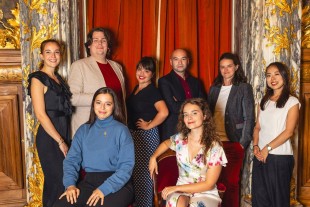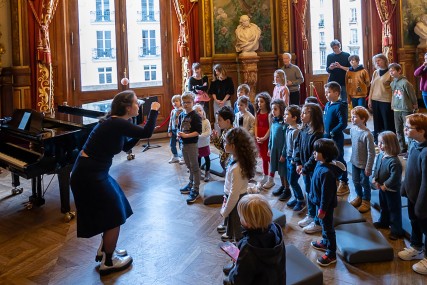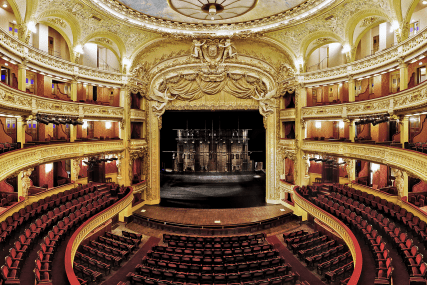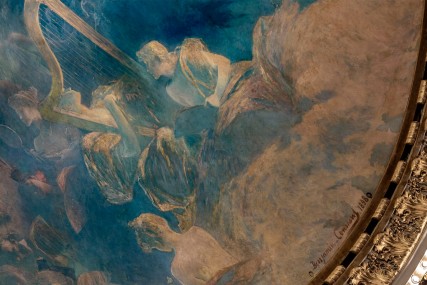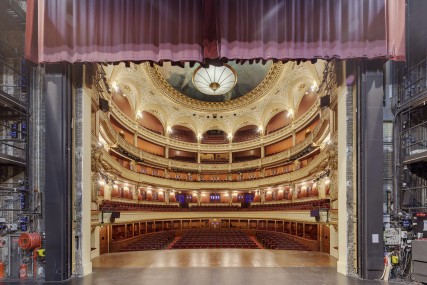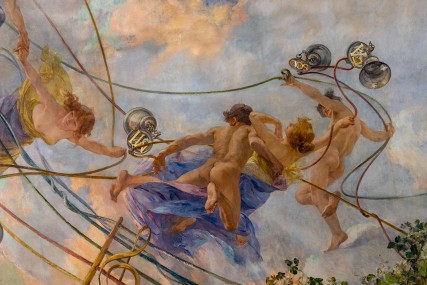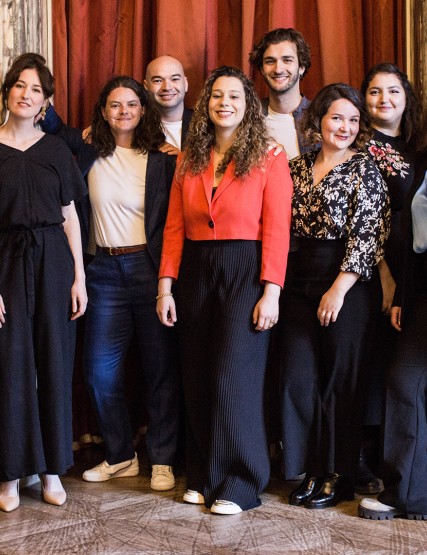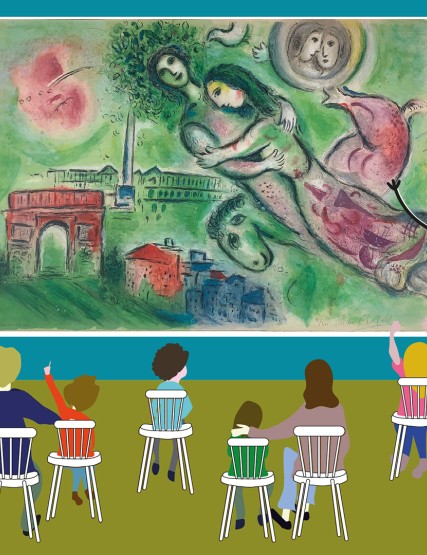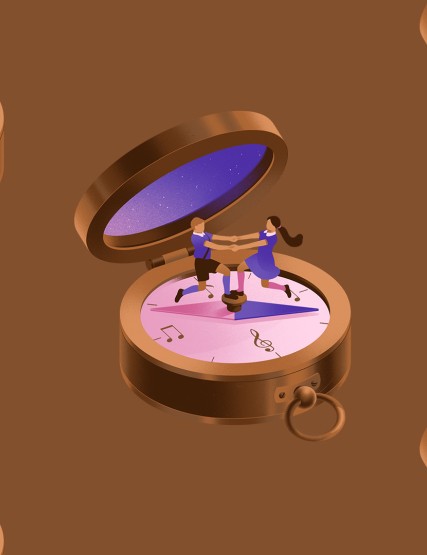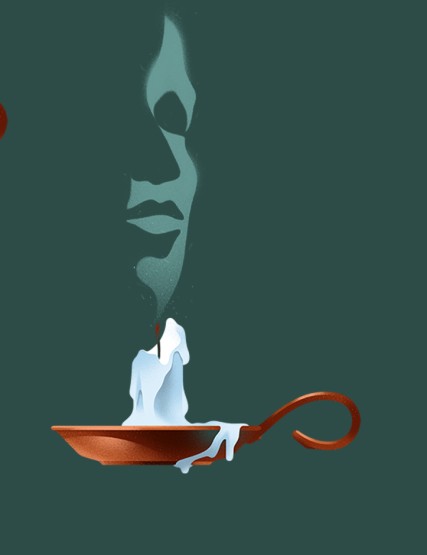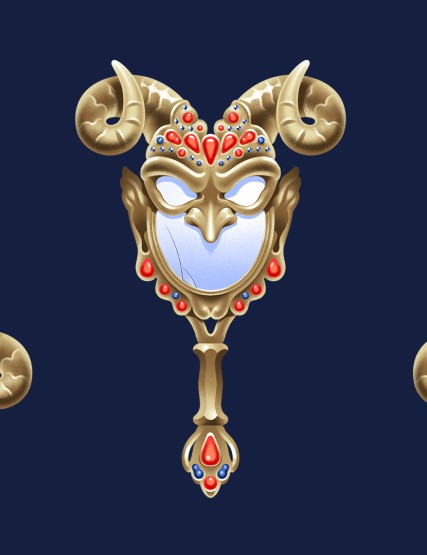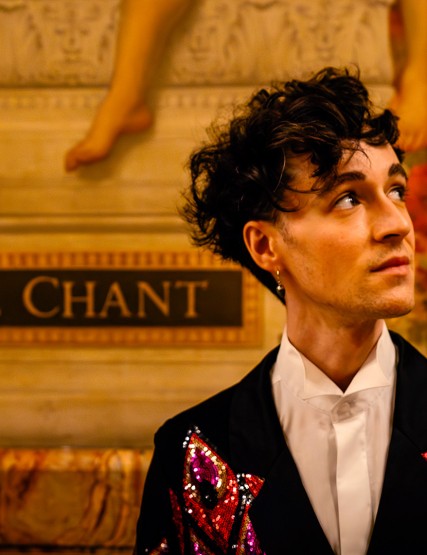Sessions
Melodrama in five scenes, first performed on 1 May 1775 in Leipzig (Germany). Music by Jiří Antonín Benda known as Georg Anton Benda, version of the 1784 score adapted for 4-hand piano by Sammy El Ghadab. Libretto by Friedrich Wilhelm Gotter, translated from the German by Laurent Muhleisen.
A stormy dialogue between text and music, this melodrama by Georg Anton Benda gives voice to Medea, the exiled and repudiated heroine whose vengeance knows no bounds. Together with Sylvia Bergé, member of the Comédie-Française, the artists of the Académie de l'Opéra-Comique present a new version of this work that gave Mozart ‘great pleasure’.
What the Czech-born violinist and composer Georg Anton Benda (1722-1795) proposed with Médée in 1775, as with his earlier melodrama Ariadne auf Naxos, was a new kind of performance combining declamation and music. During a visit to Mannheim in 1778, Mozart attended two performances of Medea that made a strong impression on him: in a letter to his father, the composer stated that ‘Benda, among the Lutheran choirmasters, has always been [his] favourite’. He spoke of the ‘magnificent effect’ produced by the alliance between the recited text and the instrumental passages.
From the moment it was first performed in Leipzig by the theatre company directed by Abel Seyler, Medea established itself as a model of the genre. Its success owed much to the actress Friederike Sophie Seyler, who sang the role of Medea. Nicknamed ‘la Clairon allemande’, after Mlle Clairon, a tragedienne at the Comédie-Française, she translated the contradictory emotions of her character into words and gestures with the utmost expressivity.
The German poet Friedrich Wilhelm Gotter (1746-1797) drew inspiration from Euripides' Greek tragedy to portray Medea as an infanticidal mother, a criminal woman who sacrifices her children in a fit of vengeance. It was this same episode from the Medea myth that inspired François-Benoît Hoffman to write Cherubini's Medea, premiered in Paris in 1797.
For this concert, proposed as a Pleiade of our 2025 production, the artists of the Académie de l'Opéra-Comique revisit Médée in a new French translation by Laurent Muhleisen, accompanied by Sylvia Bergé, an actress from the Comédie-Française who takes on the title role in all her virtuosity.
With Sylvia Bergé, member of the Comédie-Française, Médée • Vincent Guérin* Jason • Flore Royer* The preceptress • Michèle Bréant* A child • Fanny Soyer* A child • Sammy El Ghadab * Arrangement and musical direction • Ayano Kamei*, Flore-Élise Capelier* Pianists
*Artists of the l’Académie de l’Opéra-Comique
Duration : 50 mn | Salle Bizet
Rate : 25 €
16 seats are dedicated to people with reduced mobility, on reservation at the box office or by phone. Access to the lift is located 5 rue Favart
+33 1 70 23 01 44 | accessibilite@opera-comique.com
The Académie of the Opéra-Comique
Key player in lyric creation for over three centuries, the Opéra Comique is now opening the Académie Favart.
Dedicated to the next generation of performers, the Académie Favart focuses on the promotion of the Opéra Comique’s repertoire and on the transmission of its specific art of interpretation, which deeply draws on text and theatrical play.
The Académie is a center of artistic excellence, focusing on French singing and spoken-song techniques. It strives to promote the emergence of a new generation of performers, inviting them to take a fresh look at the comic opera genre and its vibrancy.
Les Pléiades
Around the show
Each lyrical production will be supported by “Pléiades” extending and enriching its content in accessible, offbeat, prospective or intimate formats.




